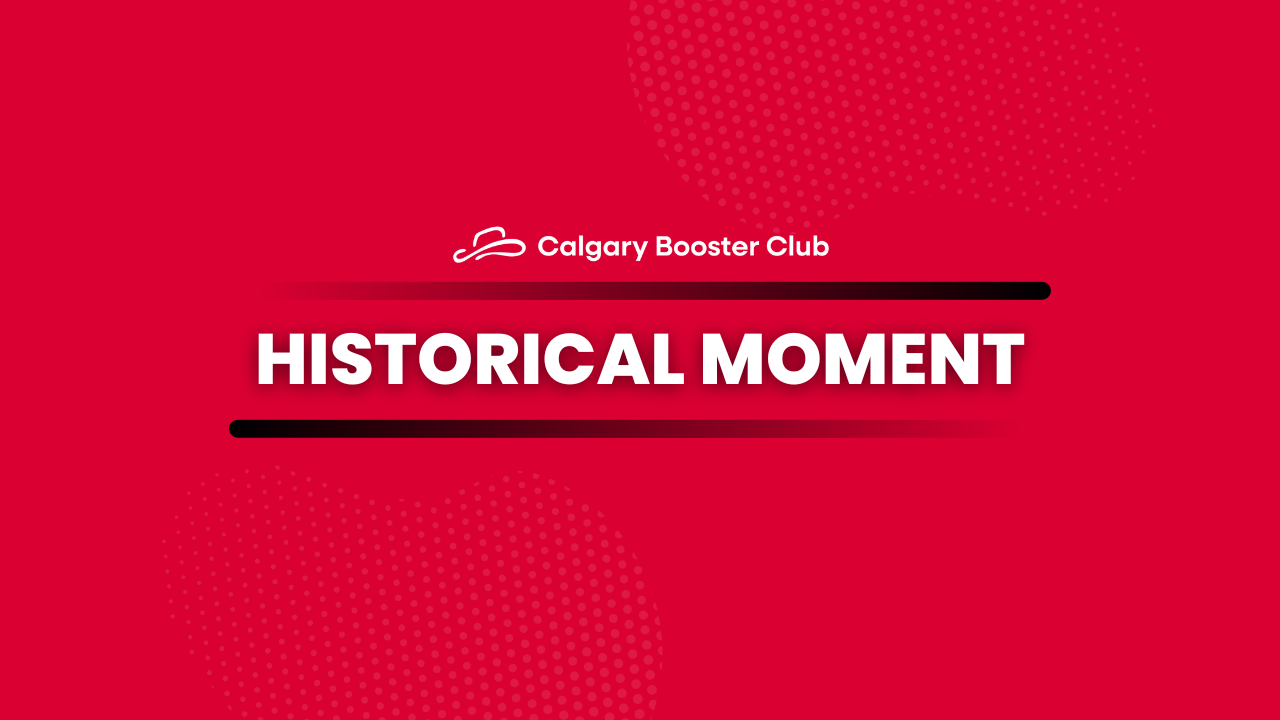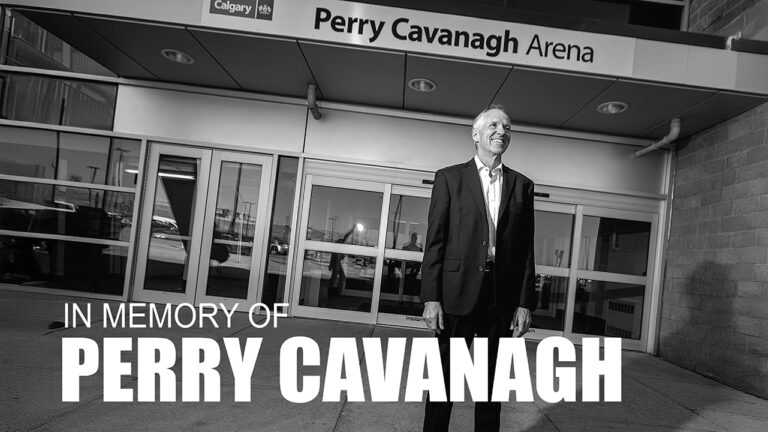Calgary in 1952–1953
At the time, Calgary’s population was 151,000, predominantly Caucasian, with low crime rates, making it one of Canada’s safest cities. The Mayor, Don Mackay, was well-known for organizing the legendary 1948 Grey Cup train ride and celebrations and for introducing the tradition of presenting white hats to visiting dignitaries. The Alberta Social Credit Party governed the province under Premier Ernest Manning, and the Calgary Stampede celebrated its 40th anniversary, with founder Guy Weadick as the guest of honor.
Two daily newspapers served the city: the Calgary Albertan (morning edition) and the Calgary Herald (evening edition). Notably, the Calgary Albertan used green honor boxes at streetcar and trolley stops, relying on citizens to drop in 10 cents before taking a newspaper—an early example of community trust.
The Birth of the Calgary Booster Club
In fall 1951, a group of local businessmen gathered at the Club Café on 8th Avenue to discuss forming an organization dedicated to boosting amateur sports in Calgary. By 1952, the Calgary Booster Club became a reality, founded by 11 members:
- Art Smith – Advertising Executive, former Member of Parliament
- Roy Beavers – Owner of the Club Café
- Ron Butlin – Business Executive, Central Liquidation Canada Ltd.
- Ernie McCullough Jr. – Maclin Motors
- Pete Egan – Manager of the Palace Theatre
- Stu Adams – Adams Distillers Limited
- Curly Hunt – President, Hunt Real Estate
- Jack Quigley – Insurance Executive
- Vere Carmichael – Medical Supply Salesman
- Dr. Les A. Maxwell – Dentist
- Harry Cohen – Managing Director, General Distributors Ltd.
Art Smith’s Recollection of the First Meetings
Art Smith, one of the club’s founding members, described its early days:
“There was no single umbrella organization supporting amateur sports, but it was Vere Carmichael’s idea. He asked me to be Vice-President, while he served as President. However, in early 1952, Vere became very ill, and I took over as acting President.”
During their second meeting at the Club Café, Art jotted down a motto on the back of a Millbank cigarette package:
Dedicated to the development of amateur sport.
This phrase became part of the Booster Club’s official letterhead.
The club’s early initiatives included:
- A Trans-Canada run idea—initially deemed “crazy” by skeptics
- Hosting a polo match in the snow at halftime during a Calgary Stampeders game at Mewata Stadium
- Creating the Calgary Boosterettes, a women’s auxiliary that supported fundraising, ticket sales, and spring fashion shows
- Launching a weekly amateur sports radio show on CFAC, hosted by Art Smith and Ron Butlin
Early Fundraising & Community Impact
The club’s most successful early fundraiser was a $1 admission to Sunday night sports films and panel discussions at the Palace Theatre. These events featured:
- Top sports personalities
- Miss Calgary Stampeder contestants
- Live musical entertainment
- Classic sports films, such as Football Thrills of 1952
After several meetings at the Club Café, the Booster Club relocated to the old Pump Room in the Petroleum Building on 9th Avenue and 2nd Street West.
The local sports media fully supported the Booster Club, which helped boost its growth and credibility.
The Club’s Creed was simple:
If it is good for sport and Calgary, the Booster Club is for it.
By 1953–54, the Booster Club provided financial aid to 40 local sports organizations and numerous individual athletes, making a significant impact on Calgary’s amateur sports landscape.
Honouring the Founders
Art Smith remained President until 1961, when he stepped down and was named an Honourary Life Director. In 2000, he was inducted into the Booster Club Honor Roll for his lasting contributions.
The last surviving founder, Ernie McCullough Jr., passed away on July 21, 2015, at age 89. As a past president, he was also recognized as an Honourary Life Director and was inducted into the Honor Roll in 2003 for his contributions to the club.
Preserving Our History
A special thank-you to Art Smith, whose writings provided much of the Calgary Booster Club’s original history—a legacy for which we are eternally grateful.




